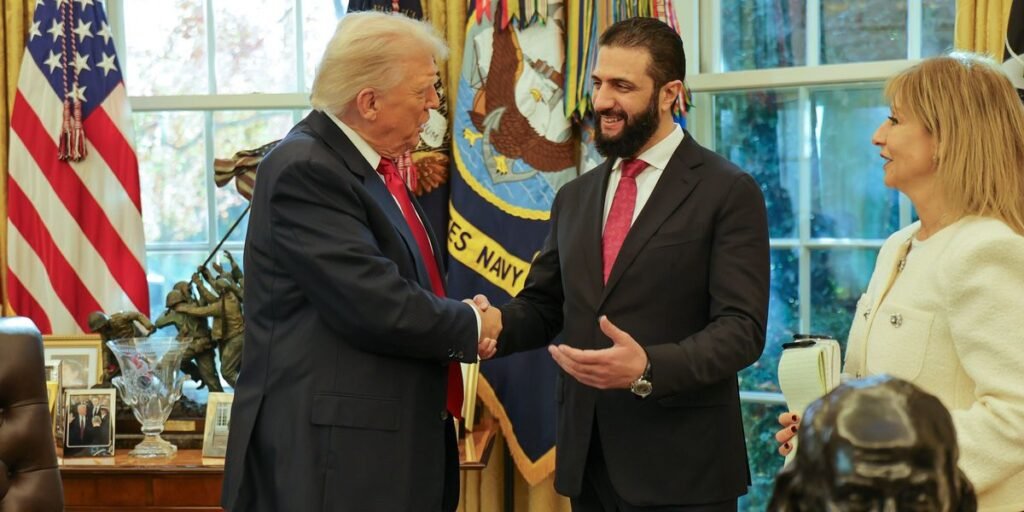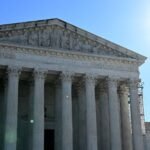Now Reading: Cornell and Trump White House reach $60M funding deal
-
01
Cornell and Trump White House reach $60M funding deal
Cornell and Trump White House reach $60M funding deal

Article Summary
Additionally, as part of the settlement, Cornell has agreed to share anonymized admissions data and to perform annual campus climate surveys focused on the experiences of students with Jewish ancestry. This aspect of the deal underscores the administration’s focus on addressing concerns about discrimination and ensuring a fair admissions process.
Cornell President Michael Kotlikoff expressed that the agreement successfully upholds the university’s academic freedom while addressing federal concerns. The university had faced months of funding freezes as a result of the investigations, which had raised significant operational challenges. The settlement appears to offer a path forward for Cornell, allowing it to regain financial stability while complying with the federal government’s stipulations.
The broader implications of this settlement resonate beyond Cornell as it reflects the ongoing tensions between federal authorities and educational institutions regarding academic policies, funding, and free speech. As public confidence in the economy dips amid uncertainties, highlighted by a significant drop in consumer sentiment, the university’s ability to navigate these complex issues and maintain robust academic standards will likely be closely watched by both stakeholders and the public.












